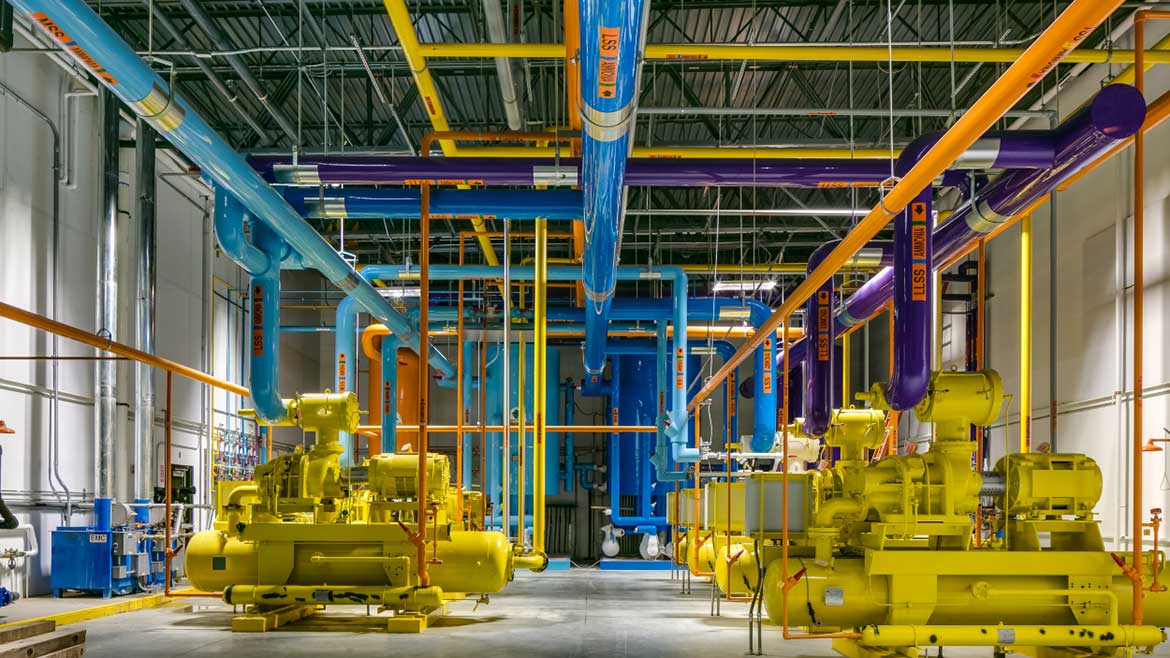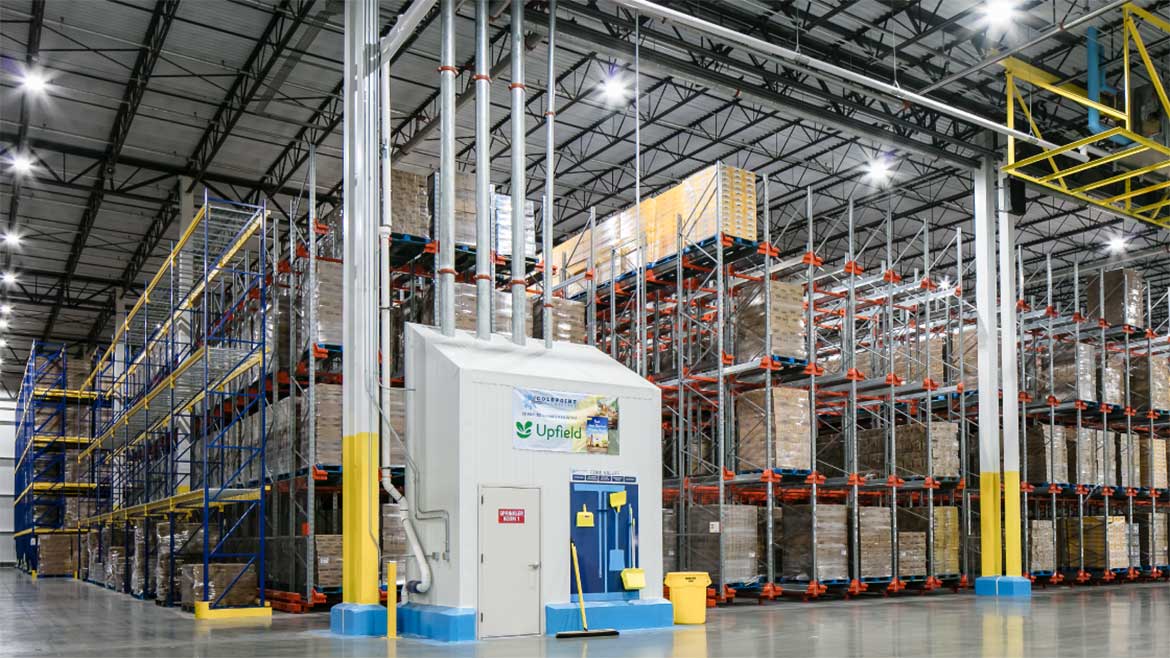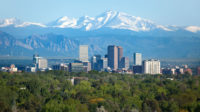Nearly all food produced or imported in the U.S. passes through a distribution center before it reaches consumer dinner tables and with Kansas City’s central location and room to grow, it’s a key player in the cold storage space.
Commercial real estate experts say as much as 100 million square feet of freezer and cooler space will be needed in the coming years. According to CBRE, e-commerce’s expansion will fuel the need for more warehouse space, as will the chaning economy, population migration and the desire for “safety stock” onshore. The nationwide real estate firm lists the Kansas City region among its top industrial markets, expected to continue experiencing growth due to shippers looking for inland ports with easy air and rail connectivity.
“Kansas City’s centralized location, low operating costs and infrastructure network, coupled with available spec space, further positions the KC region as a hub for food and beverage operations. Located in the heart of the country’s agricultural region, KC continues to be one of the best places for all types of food and beverage-related supply chain activities,” said Chris Gutierrez, president of KC SmartPort, a non-profit economic development organization representing 18 counties and 50 major cities in Kansas and Missouri. “Setting up operations in Kansas City means cost efficient product distribution by reaching 85% of the U.S. population in two days. Easy access to five Class I railroads and four major interstates support Kansas City’s rank as the No. 1 rail center in the U.S. by tonnage and No. 3 truck center. Plus, the Kansas City International Airport moves more air cargo annually than any air center in a six-state region.”
The two-state Kansas City region has multiple cold storage buildings that are operational, being built or in the planning phases.
Lineage Logistics and ColdPoint both have facilities in the area. Lineage Logistics recently completed a 320,000-square-foot automated cold storage facility in Olathe, Kansas, and has an existing cold storage facility in Edwardsville, Kansas. ColdPoint’s facility offers temperature-controlled storage in the Logistics Park Kansas City, near the BNSF Railway in Edgerton, Kansas.
BCB Development last summer broke ground on the region’s first speculative Class A cold storage facility, the Heartland Cold Storage Logistics Center, a 167,000-square-foot building designed with enhanced roof loads and specialized floor slabs to help maintain temperature.
“BCB Development is very excited to bring the first speculative new construction cold storage building to the Kansas City market. We believe we are ahead of the curve to meet the burgeoning demand of the cold storage market segment as more goods are shipping that require cold/freezer-type storage and distribution,” said Brandon Becker of BCB Development. “Liberty Missouri, a suburb of Kansas City, is ideally located to capitalize on Kansas City’s central location to the United States, its existing transit infrastructure, and its existing reputation as a national distribution hub city. This will allow us to attract national tenants looking for a Class A state-of-the-art facility that can reach the majority of the U.S. within one day.”

The Heartland facility is expected to be completed in the first quarter of 2022.
“Several multi-climate cold storage industrial speculative buildings are expected to be announced in the coming months and will break ground shortly thereafter,” Gutierrez said. “For all types of industrial product, the Kansas City region gained about 15 million square feet of new industrial space in 2021, and Kansas City is now one of 16 industrial markets in the U.S. with at least 300 million square feet of industrial product.”
The demand for cold storage space and refrigerated transportation is on the rise. Shifts in consumer preferences, demand for fresh product, food transparency and changes to consumer shopping habits are fueling the distribution and fulfillment facility location decisions.
“Facility location is always important as it can impact how quickly companies can receive inbound product, the transportation and operational costs, and meeting the shipping demands of the end consumer. With the many supply chain bottlenecks occurring globally, speed is king,” Gutierrez said. “We are seeing the Kansas City development, construction and real estate community build more speculative buildings and offer sites ready for build-to-suit projects. This is very important with the kind of speed-to-market activity we're seeing from companies that need to move quickly to get new locations and new facilities up-and-running.”

Other factors influencing KC’s rise include workforce availability and utility capacity.
The area is home to more than 670 industrial food and beverage companies with more than 25,000 people employed in food and beverage manufacturing, warehousing and distribution.
“Kansas City’s $125-billion food and beverage industry continues to thrive with proximity to key agriculture markets, advanced logistics infrastructure, clean and reliable water supply, abundant utility capacity and a strong industry-specific talent pipeline,” Gutierrez said. “The utility requirements of newer facilities continue to grow, and companies are looking to increase their sustainability efforts to offset increased energy needs. Our local energy utility, Evergy, has sustainability as a main focus to help with the growing energy demand. In addition, Kansas City, Missouri is reviewing the potential of a large solar farm that would possibly cover 2,000 to 3,000 acres of undeveloped land at the Kansas City International Airport.”
In the last two years, the region has successfully attracted food and beverage companies pledging to create more than 1,800 jobs, invest over $486 million and occupy nearly 4.2 million square feet of space.
“A nationally recognized development community, proactive civic leaders at the local and state level, and an unmatched logistical competitive advantage, are key strengths of the Kansas City region,” Guiterrez said. “The Kansas City market has plenty of room to grow, and there's a demand nationally for more, including cold storage and eCommerce facilities. As long as there are companies looking for that space, we will continue to see growth.”







